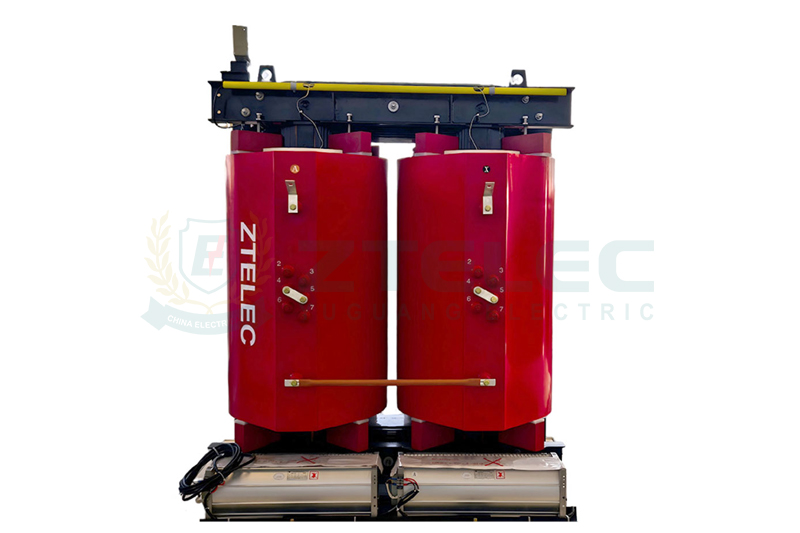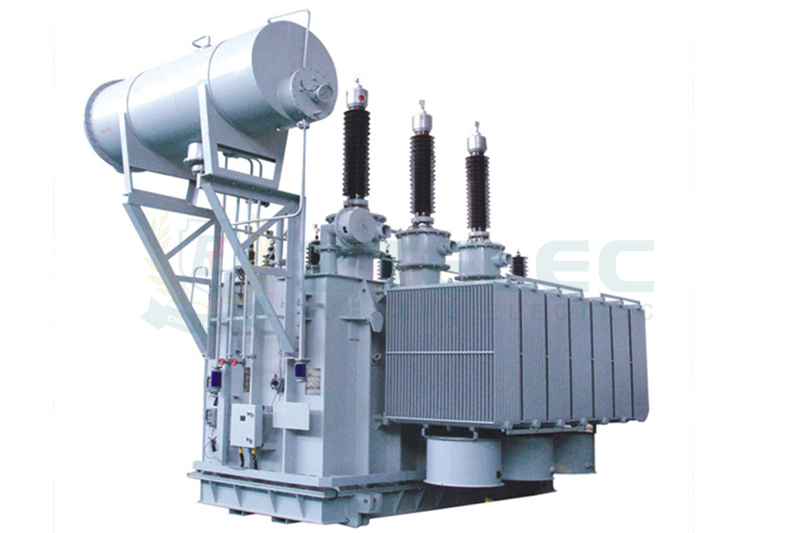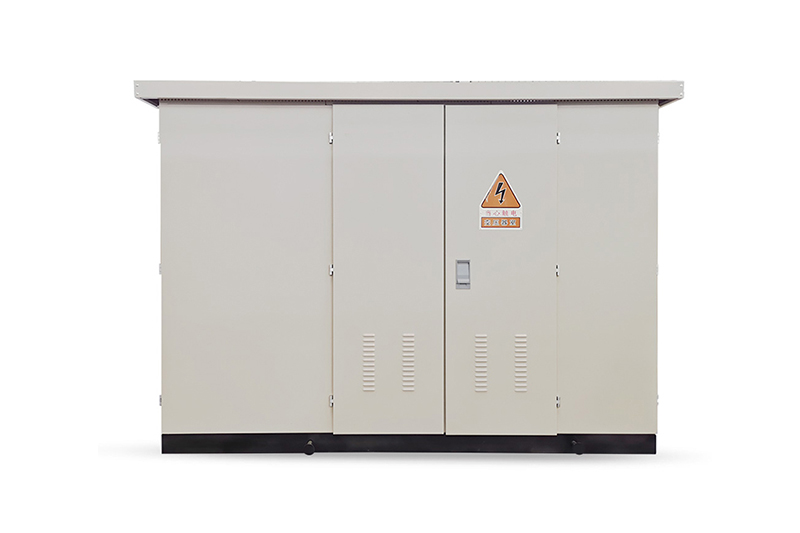-
What Is an Oil-Immersed Autotransformer? Structure and Performance Overview
In modern power transmission and distribution networks as well as large-scale industrial power systems, oil-immersed autotransformers are widely adopted for grid voltage regulation, high-capacity power transmission, and interconnection between powe……
-
How to Choose a Transformer Manufacturing Production Line for Power Transformer Production
In the increasingly competitive power transformer industry, selecting an efficient, stable, and intelligent transformer manufacturing production line has become a decisive factor for enterprises seeking sustainable growth. A well-designed productio……
-
The Application of H-Class Single-Phase Dry-Type Transformers in Export-Oriented Equipment Manufacturing
As global equipment manufacturing becomes increasingly competitive, export-oriented manufacturers are paying greater attention to the quality and reliability of key electrical components. Power transformers, as critical elements of electrical syste……
-
Application Analysis of 10kV Oil Filled Transformers for Solar and Wind Power
With the global energy transition accelerating toward low-carbon and renewable sources, the installed capacity of solar and wind power projects continues to grow. As a critical component in renewable energy grid integration systems, transformers pl……
-
How to Test Power Transformers: Electrical, Insulation, and Oil Tests
Power transformers are essential for electricity transmission and distribution. Their condition affects power supply safety, grid stability, and equipment lifespan. Regular testing ensures safe and reliable operation. This guide explains the most c……
-
How to Choose an Oil Immersed Distribution Transformer: Complete Selection Guide
Oil immersed distribution transformers are widely used in power systems, industrial facilities, urban and rural distribution networks due to their proven reliability, stable performance, and cost-effectiveness. Selecting the right transformer is cr……
-
Comparison of Two-Winding and Three-Winding Transformers: Key Differences, Advantages, and Application Scenarios
In power systems and industrial applications, transformers play a crucial role in ensuring safe and efficient energy transmission. Based on the number of windings, the most common types are two-winding and three-winding transformers. For engineerin……
-
A Complete Guide to Pole-Mounted Transformers: Structural Design, Installation Methods, and Typical Applications
Pole-mounted transformers are a common and essential part of modern power distribution systems. Installed directly on utility poles, they are widely used in residential areas, commercial zones, industrial sites, and rural power networks. Their comp……
-
Transformer Bushing Explained: A Key Component for Reliable Power Transformer Operation
In a power system, the power transformer is the core equipment for voltage conversion and power distribution. The transformer bushing is a critical component that connects the internal transformer conductors to the external power grid. It provides ……
-
Replacement Schedule for 35kV Transformers in Substations and Power Engineering Projects
In modern power systems, the replacement of 35kV transformers plays a vital role in ensuring grid stability, power quality, and operational safety. As transformers age, or as power engineering projects introduce higher efficiency and capacity requi……
-
Why Does Replacing a 110kV Power Transformer Take Weeks or Even Months?
A 110kV power transformer is one of the most critical assets in a transmission and distribution system. It converts high-voltage electrical energy into lower voltage levels suitable for downstream networks, directly affecting grid stability and pow……
-
66kV Power Transformer: An Efficient Energy Solution for Modern Distribution Systems
As cities expand, renewable energy connects to power grids at a faster pace, and industrial electricity demand continues to grow, modern distribution systems face higher requirements for voltage level selection, energy efficiency, and power supply ……














